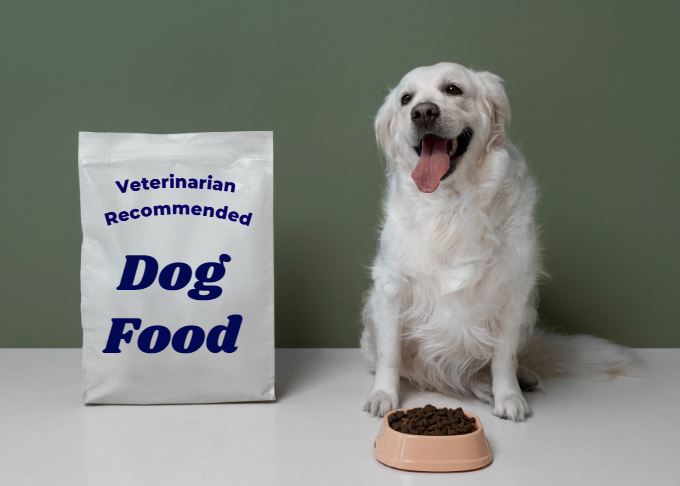the scientific study of pet nutrition by veterinary nutrition specialists and experts.

Popular Topics in Petfoodology
- All
- All About Pet Food
- Finding the Best Food for Your Pet
- General
- Pet Nutrition Basics
- Petfoodology Blog
- Pets with Health Conditions
- Trending Topics in Pet Nutrition
Can Diet Help With My Dog’s Seizures?
For dogs with seizures, any diet change should be carefully considered and will likely be different for each dog based on their underlying conditions. If your dog has idiopathic epilepsy, there may be some nutritional changes to consider but let’s look at the evidence and pros and cons behind some different strategies you may hear about.
The Most Popular Holiday Foods…That Your Pet Should Avoid!
You may want to buy your pet a special holiday treat as a present or give them some of the holiday meal, but it’s important to think carefully about what you offer them. To help keep your dogs and cats safe as we enter the holiday season, follow these guidelines to keep the holidays healthy and happy!
Veterinarian Recommended Pet Foods: What You Need to Know
Many pet food companies prominently feature the “veterinarian recommended” label, enticing families seeking the best food for their pets. However, what exactly this label means and how it can help you to make an informed choice can be a bit of a mystery. In this post, we’ll cover what the regulations are for products bearing the “veterinarian recommended” claim.
Stalk About Nutritious: It’s Corn!
While corn is often vilified as a pet food ingredient, it is nutritious and easily digested by both dogs and cats and rarely causes allergies. As such, it is not an ingredient that most pets need to avoid in their diet.
Can Diet Prevent or Treat Urinary Tract Infections in Dogs?
Dealing with urinary tract infections (UTIs) in our dogs can be a real headache. But fear not, we’re here to shed some light on this issue and discuss whether diet plays a role in preventing or treating UTIs.
AI Pet Nutrition Cage Match: Bard vs Bing vs ChatGPT
AI chatbots have been garnering a lot of media attention lately, with people using them for everything from writing cover letters, to essays to outlines of presentations, as well as for entertainment. We put the three best known chatbots to the test by asking them all to help us find the best dog food.
Search Petfoodology
Frequently Asked Questions
Why Trust Us?
 As you’re on this website right now, we can assume that you love pets and likely have a special dog or cat (or many) in your life. We love them, too! And not only do we love the pets, we also love their people, and you are our reason for making this site.
As you’re on this website right now, we can assume that you love pets and likely have a special dog or cat (or many) in your life. We love them, too! And not only do we love the pets, we also love their people, and you are our reason for making this site.







